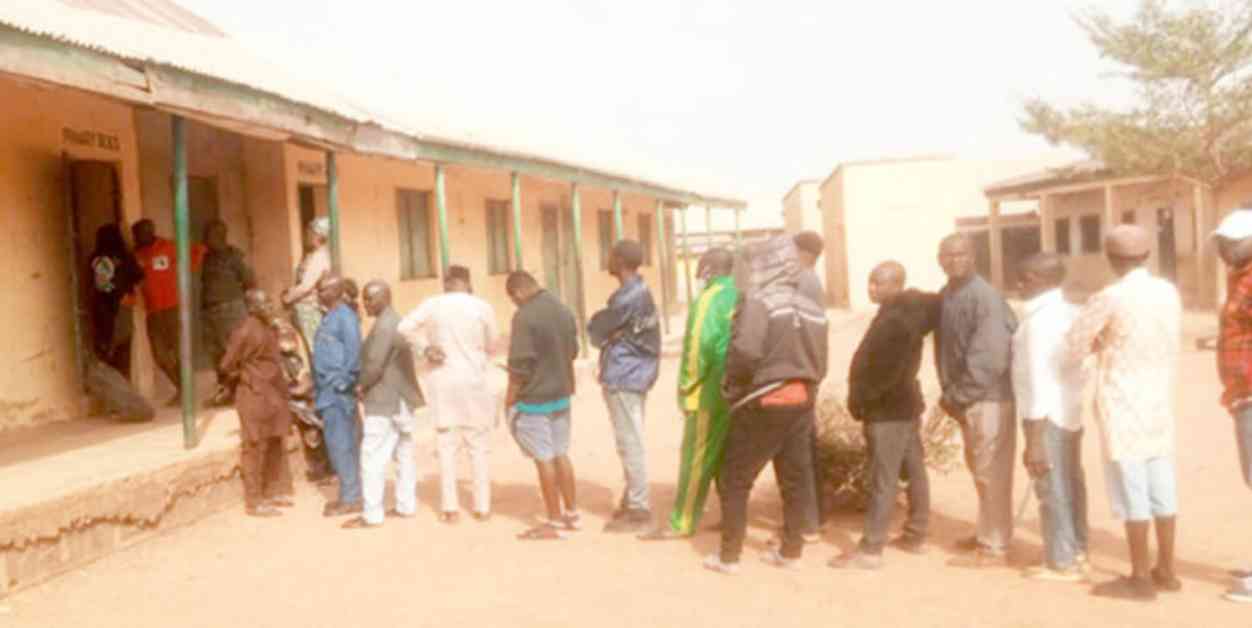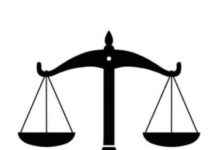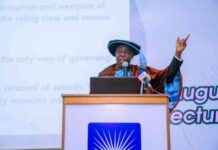The Independent National Electoral Commission (INEC) is pushing for stricter laws to ban the possession of large amounts of money within polling areas to combat vote-buying and other electoral malpractices. During a consultative meeting in Abuja, INEC’s Director of Litigation and Prosecution, Tanimu Muhammed, SAN, expressed concerns about the increasing threat of vote-buying in Nigeria’s democratic process. The meeting, held in collaboration with the Policy and Legal Advocacy Centre (PLAC) and supported by the UK Foreign, Commonwealth, and Development Office (FCDO), aimed to address electoral security and legal reforms.
Challenges of Unrestricted Cash Circulation
Muhammed highlighted how politicians often use the excuse of paying party agents and logistics expenses to carry large sums of cash to polling units. However, this practice has contributed to vote-buying and has undermined the credibility of elections. To combat this issue, Muhammed proposed limiting individuals to carrying no more than ₦50,000 within polling areas.
Vote-buying is a significant threat to the integrity of elections in Nigeria, and Muhammed emphasized the need for legislation to not only criminalize this practice but also implement preventive measures. INEC urged lawmakers to prioritize amendments that would close loopholes exploited by political actors. The establishment of an Electoral Offenses Commission was also proposed to enhance the prosecution of offenders comprehensively.
Security Agencies and Electoral Reforms
Security agencies at the meeting assured their commitment to ensuring free and fair elections, despite logistical and coordination challenges. The Commissioner of Police in charge of election planning and evaluation, Abayomi Shogunle, highlighted the resource constraints that often hinder law enforcement efforts during elections. He stressed the need to address issues such as deploying officers to remote areas and ensuring real-time communication.
In response to these challenges, the Chairman of the House Committee on Electoral Matters, Hon. Adebayo Balogun, announced plans for a 2025 Electoral Act to address gaps identified during the 2023 elections. He emphasized the importance of legislative reforms and increased awareness among stakeholders to combat vote-buying and other electoral malpractices. Senator Sharafadeen Alli echoed these sentiments, emphasizing the need for continuous improvement in the electoral system based on past election lessons.
As the push for stricter laws to prevent vote-buying gains momentum, stakeholders are optimistic that these reforms will contribute to a more transparent and trustworthy electoral process in Nigeria. The commitment of both lawmakers and security agencies to address these challenges signals a step in the right direction towards strengthening the country’s democracy.















